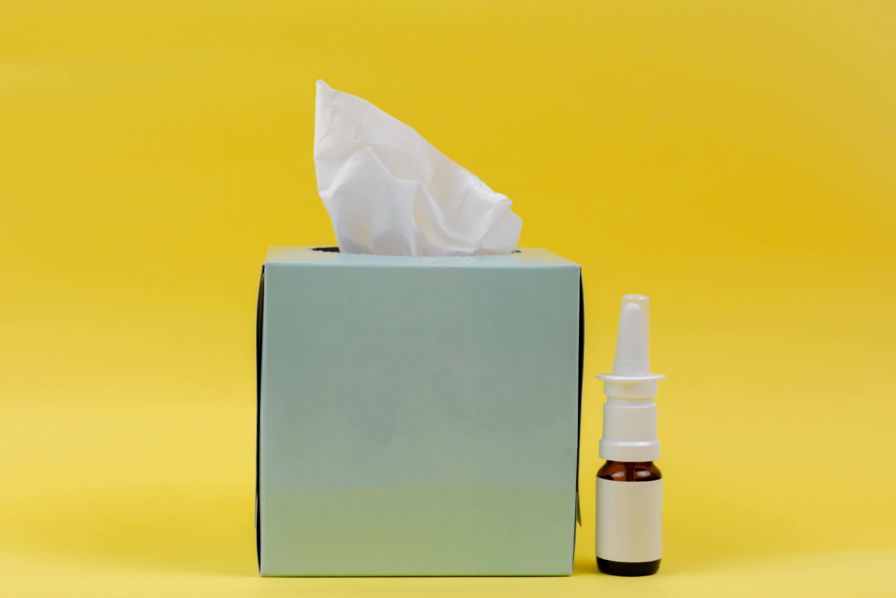3 Ways Your AC Could Be Aggravating your Allergies
May 27, 2021

Ever sneeze and wonder if dusty AC vents could be aggravating your allergies? The answer is yes!
If your AC system is improperly cared for, your home could be dustier than it should be. And the more dust your home has, the worse your allergies can be.
To reduce your allergies, avoid the below 3 things in your AC care routine:
- Not turning your thermostat to ON while dusting
- Not regularly replacing your AC filter
- Not having your AC professionally checked every year
Want to improve your indoor air quality by getting your AC maintained? Call Patrick Riley Services! We offer a 100-point tune-up.
Way #1: Not turning your thermostat to ON while dusting
If your thermostat is normally set to AUTO for energy efficiency and to save money, you should switch the settings to ON while you’re dusting your home. When your thermostat is set to AUTO, the blower fan is only on during a cooling cycle.
However, you want your AC system to be set to ON while dusting because the blower fan will be constantly circulating air. This means any dust you’re lifting off of household surfaces and objects will be blown into your AC filter, to then be trapped instead of circulating throughout your home.
When you’re done dusting your home (preferably with an absorbent cloth!), make sure to set your thermostat back to AUTO.
Way #2: Not regularly replacing your AC filter
As said above, your AC filter traps dust and other contaminants from entering your home’s air. Once the filter gets clogged with dust buildup, it won’t be able to properly filter out pollen and allergens.
A clogged filter can also lead to breakdowns by blocking warm airflow from entering the system to be cooled. When not enough warm air is coming in, your AC system will start straining in order to meet your cooling demands.
Since all of your home’s indoor air goes through the filter before being pushed into your AC system, you’ll want to make sure that your filter stays clean by replacing it every quarter. In a heavy pollen state like Arizona, you’ll want to replace your AC filter every month during allergy season.
Way #3: Not having your AC professionally checked every year

One of the best ways to reduce allergens and dust from entering your home is to have your AC system professionally checked each year.
During an AC tune-up service, the HVAC technician will clean your AC’s coils, fan and condensate line, which are all places in your system that can easily accumulate dust and mold. Because these two contaminants are known for aggravating allergies, a thorough system cleaning will help reduce the severity of your symptoms. It also ensures optimal AC performance, which can help lower your monthly utility bills.
The rule of thumb is to have your AC checked before summer since hot weather tends to coincide with allergy season. This way you can prevent breakdowns when you need your AC the most and prevent allergens from entering your home when you’re most prone to allergy symptoms.
Want to ease up your allergy symptoms? Contact Patrick Riley
We make it quick and easy to ensure your AC system is ready to help alleviate allergy season. Our 100-point AC tune-up includes replacing or cleaning your filter!
Get 10% off (Up to $150)

Ty Lindsay is the Director of Field Operations at Patrick Riley | Isley’s and a 15-year veteran of the plumbing and HVAC trades. In 2010, Ty earned his Journeyman’s plumbing license. He became a Master Plumber five years later and earned his Journeyman HVAC technician’s license that same year. Ty’s breadth of knowledge in plumbing and HVAC includes both residential and commercial work. He’s been a loyal member of the Patrick Riley | Isley’s team since 2016.
- Posted in:
- Troubleshooting
